Even though the eCommerce industry feels oversaturated, starting a business from scratch is still tempting. Given how many people are shopping on the internet these days, it makes sense to look for a venture online.
“Brick-and-mortar stores still exist, but the ongoing pandemic lifted online stores to new heights, and it does not seem like this trend is going to be stopping any time soon.”
Speaking of trends, those who aspire to open an online store should familiarize themselves with what is trending in the eCommerce industry right now. There are a few things projected that are bound to make an even bigger impact in 2022 and the future, while some trends have been around for a while and still affect how businesses approach their campaigns, attracting new and retaining current customers.
Customer Reviews
Let’s start with reviews. Imagine yourself in a situation where you are a person searching to purchase something. It is likely that you ask for recommendations or use Google.
With the latter option, clicking on the first results on a search engine makes sense, right? However, if you stumble upon an online store and do not see prior customer feedback, the odds are that you are unlikely to risk spending money there.
More online stores should prioritize customer reviews. In case it is difficult to persuade shoppers to write feedback, one could take a different approach and look to import reviews from other platforms.
For example, you could use the Opinew Chrome Extension and import aliexpress & amazon reviews directly to your store to add more social proof and persuade visitors to spend money.
Voice Shopping
Digital assistants like Alexa and Siri are shaping the way we carry out simple tasks. Asking an AI assistant to call someone, send a text, or make a note was only the beginning.
Now, it is expected that we will have the option to do our shopping and search via voice. In fact, more and more online stores are investing in technology that optimizes their store for this feature.
It is mostly the convenience and how modern people prefer to do things, so seeing voice shopping should not come as a surprise.
One other thing to note is that voice shopping is useful for people with disabilities. Those who have to rely on their voice will have a way to do some shopping.
Chatbots
Overall, machine learning is one of the technologies that affect ecommerce the most. Chatbots are a great example of this.
It is only a matter of time before chatbots replace real people in customer support. For one, you do not have to pay for chatbots after you set them up. Next, chatbots are available 24/7, and they respond immediately.
Other than chatbots, vast data processing is another instance of where machine learning excels. Manually checking information about customer behaviour, competition, and other data related to ecommerce is a chore, and leaving it to smart algorithms is a more efficient approach.
Freedom in Customization
Customization is not a trend that applies to every ecommerce niche. However, if your store offers products that customers can modify, provide the freedom where you can.
Say that you are running a print-on-demand business. It would not be a good idea to limit customization options for designs, fonts, colors. If anything, letting shoppers upload their own designs directly to a store would be the correct approach.
Influencer Marketing
Influencer marketing has been around for a while, and it does not seem like influencers are going away.
It is common for brands to collaborate with influencers to promote goods or services. An average person trusts a celebrity that they follow on social media more than they trust a random corporation trying to push their product via ads or other marketing channels.
One other thing to note is that you do not have to shoot for collaborations with A-tier celebrities. Micro-influencers are a good pick as well, despite having fewer followers. It is about engagement, and micro-influencers excel at it.
Long story short, influencers would not be making the bank they are making now if they were not effective.
Flexible Payment Gateways
Flexible payment gateways are one of the most underrated aspects of running an eCommerce business. Not all stores are willing to provide different payment options to their shoppers.
The lack of flexibility leads to fewer conversions. Add the fact that a shopper might have to go through a long and complicated checkout process where they need to register or provide various personal details to complete the transaction, and you have a recipe for an abandoned shopping cart.
As a rule of thumb, online stores need to offer various payment gateways and do not overcomplicate the checkout.










